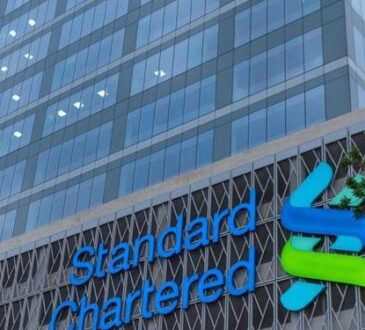
The Bank of Ghana (BOG) has defended its 2019 decision to revoke GN Bank’s license, citing significant regulatory breaches that warranted the action. The Central Bank asserts that GN Bank failed to comply with essential financial regulations and banking standards, posing a threat to its operational stability.
According to the BOG, restoring GN Bank’s license, as requested by its management, is not an option. In a statement from August 2019, the Central Bank detailed the reasons for the revocation, highlighting GN Bank’s deficiencies in capital adequacy, liquidity, governance, and risk management.
GN Bank repeatedly fell short of minimum capital requirements, raising concerns about its ability to absorb losses and protect depositors. The bank also struggled with liquidity management, affecting its capacity to meet customer withdrawal demands.
Furthermore, GN Bank’s governance structure and risk management practices were found lacking, contributing to operational inefficiencies and increased risk exposure. For instance, “GN Bank suspended operations in seventy (70) of its branches, including the Head Office branch at Asylum Down and Castle Road branch, and temporarily suspended its entire management team without the approval of the Bank of Ghana, contrary to section 25 (2) of the Banks and Specialised Deposit-Taking Institutions Act, 2016 (Act 930), mainly due to insolvency and liquidity challenges.”
As a result, the BOG deemed the revocation of GN Bank’s license a necessary step to safeguard the financial system and protect depositors.







